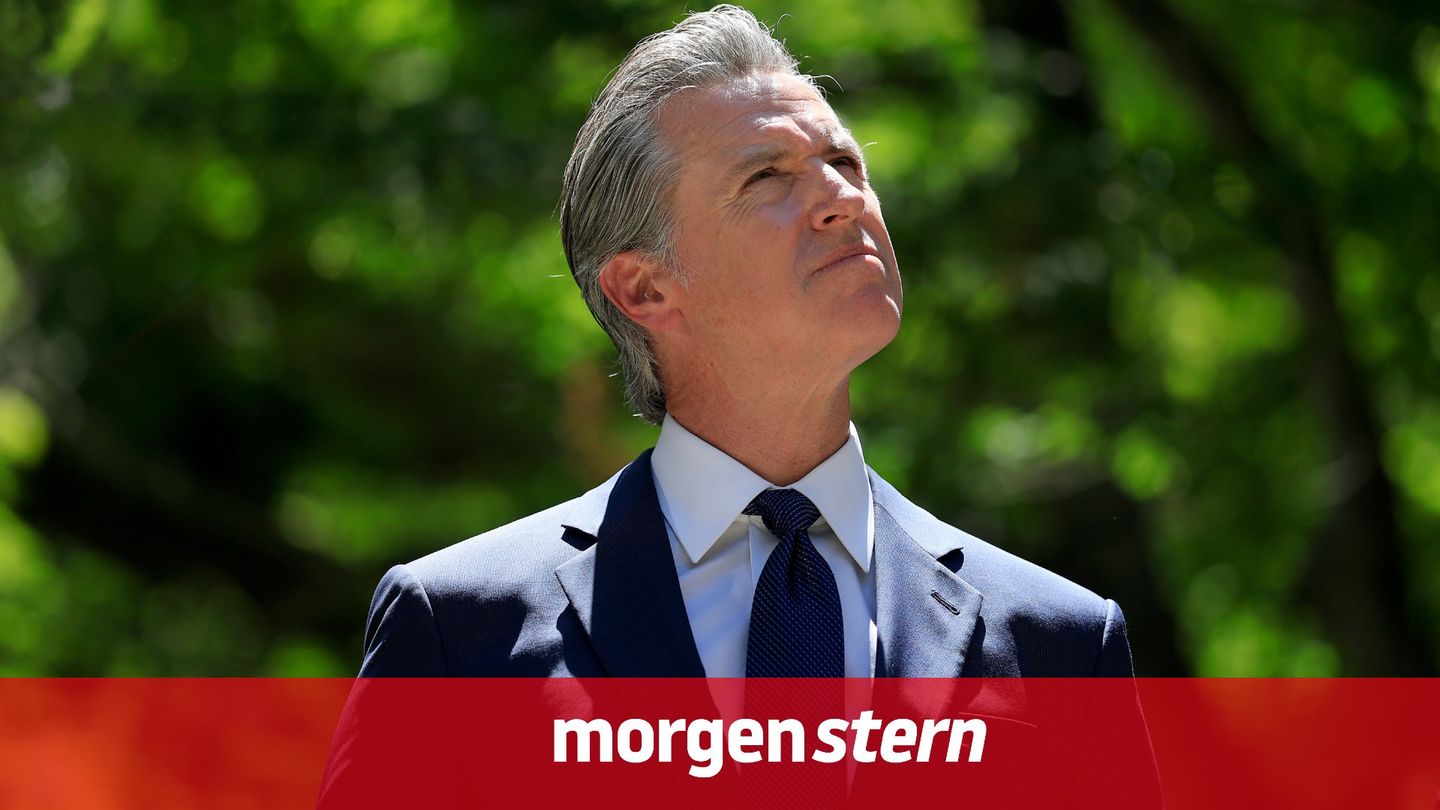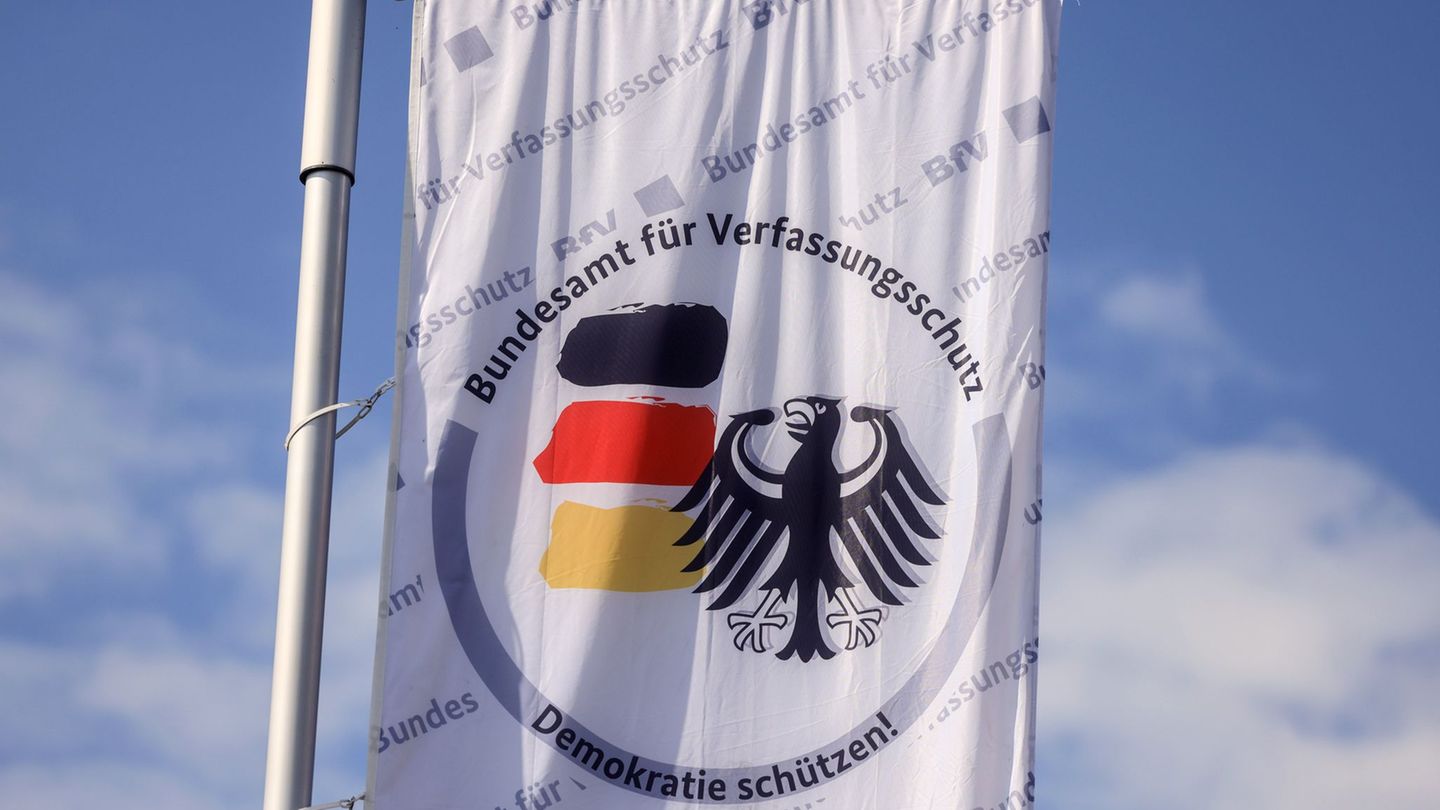Suspending the debt brake is also highly controversial in traffic lights. Now the finance minister is commenting on a possible partial reform. The Union faction warns of new financial tricks.
Federal Finance Minister Christian Lindner (FDP) continues to reject a fundamental reform of the debt brake, as demanded by the SPD and the Greens – but not a partial reform. He wants to tackle it next year. The amount of possible debt should be more closely linked to economic fluctuations than before.
Some Union Prime Ministers also want general changes to the mechanism for limiting national debt. They want to enable more investments that only pay off later. Others in the Union are against it – Schleswig-Holstein’s Prime Minister Daniel Günther has now joined them.
Lindner told the Germany editorial network that there were plans to revise the calculation of the so-called economic component, which leaves more leeway in the event of a downturn. But that has nothing to do with the federal government’s current budget situation. “The intention is to adapt the calculation to the current state of economic research, which will change the range of fluctuations,” he explained. “But over the course of several years, this does not increase the potential debt. Because the greater scope in the downturn is collected again in the upswing,” said Lindner. He wants to tackle the reform in 2024.
How is this received in the coalition?
The traffic light had already agreed on this reform in the coalition agreement, explained SPD parliamentary group vice-president Achim Post in the Berlin “Tagesspiegel” (Sunday). “It should now be implemented very promptly.”
The SPD and the Greens are also calling for comprehensive reform. “The topic has to get out of the taboo zone,” said Green Party deputy Andreas Audretsch to the paper. An investment clause is needed “to invest in climate technologies, in jobs, in climate-friendly prosperity.”
What does the Union think of Lindner’s little reform?
Union parliamentary group vice-president Mathias Middelberg (CDU) expressed skepticism about adapting the debt brake to economic fluctuations. “The debt brake is already not rigid, but has two components of flexibility, one structural and one cyclical,” he told the German Press Agency in Berlin. These two components already allow, for example, a constitutionally compliant new debt of more than 20 billion euros by 2024. “We are therefore extremely cautious about further flexibilization of the debt brake,” said the budget expert. “There must be no new trickery to circumvent this basic rule.”
But the Ministry of Finance rejects this. “The review of the so-called economic adjustment process has nothing to do with flexibilization or higher overall debts, as the Union suggests. It is simply a matter of modernizing the process, which has so far been heavily influenced by outdated statistical assumptions,” said Lindner’s department. “On average over several years, there is no greater scope for debt.”
Could the coalition decide to adjust on its own?
The debt brake anchored in the Basic Law has come under criticism following the federal budget chaos because it only provides a certain amount of leeway for taking out loans. For a major reform called for by the SPD and the Greens, a two-thirds majority is required in both the Bundestag and the Bundesrat. The FDP and large parts of the Union are against it. According to the RND, no change to the Basic Law is necessary to adjust the economic component. The majority of the traffic light coalition is enough because all that would be necessary is to amend the debt brake’s implementing laws.
What would be the case for major reform?
“I think investments in the future are absolutely necessary,” said Berlin’s governing mayor Kai Wegner (CDU) to the dpa. “Neither Berlin nor other federal states nor the federal government can manage this from the budget.” The investment and renovation backlog in traffic routes, bridges, schools, police and fire stations is enormous because many things have been subject to wear and tear. It’s also about company settlements, especially in eastern Germany – and about retaining these companies. In addition, Wegner faces enormous challenges, for example in climate protection or housing construction.
And what do the opponents say?
They also include the CDU chairman and Union faction leader Friedrich Merz, who had already reprimanded Wegner because of his position. Schleswig-Holstein’s Prime Minister Günther sees it like Merz. “Nothing will get better if you take on debt for the sake of debt and shift the burden to the next generation,” he told the dpa. “We must not permanently spend more money than we earn.” He added: “I think the debt brake is right and also the current regulations.”
Why did the discussion arise?
In mid-November, following a lawsuit from the Union parliamentary group, the Federal Constitutional Court declared the reallocation of 60 billion euros in the 2021 budget to the climate and transformation fund to be null and void. The judges also decided that the federal government cannot set aside emergency loans for later years. This created billions in holes in the federal budget, the financing of which the traffic light coalition of the SPD, Greens and FDP was only able to agree on this week after weeks of dispute.
Source: Stern
I have been working in the news industry for over 6 years, first as a reporter and now as an editor. I have covered politics extensively, and my work has appeared in major newspapers and online news outlets around the world. In addition to my writing, I also contribute regularly to 24 Hours World.




